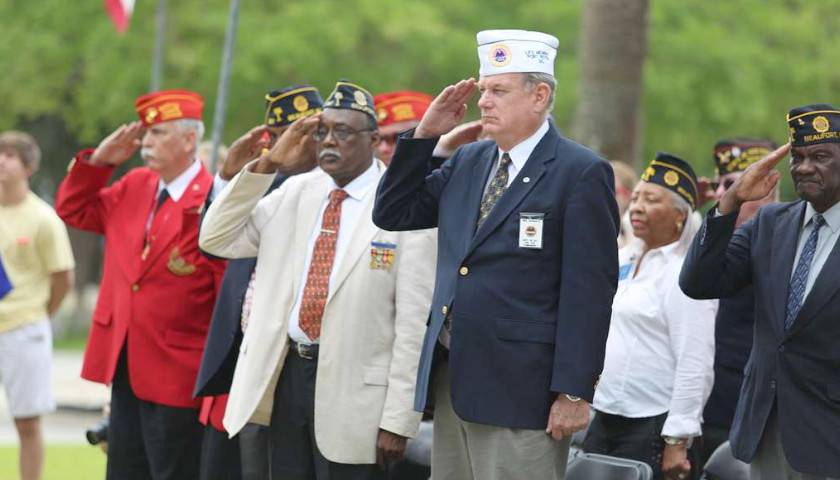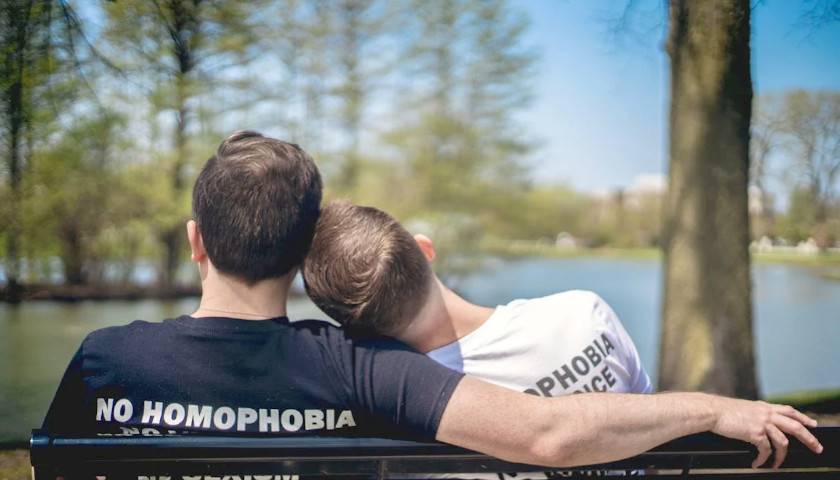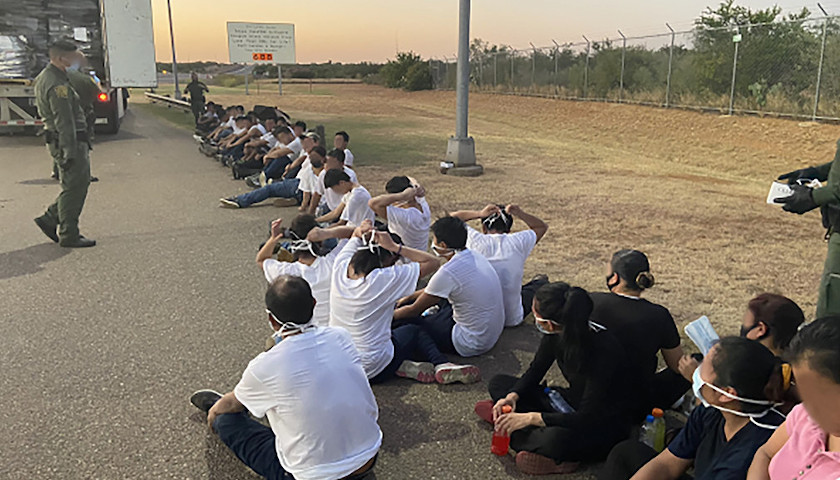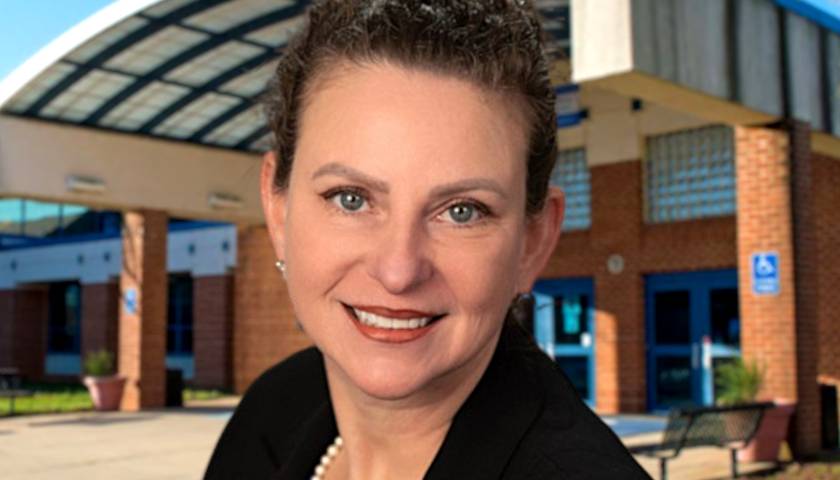by Jack Yoest
Ranger Buddy, Wing Man, Swim Partner.
The Armed Services drills individuals from day one that you are part of a team. The military member is not alone. The chain of command has your back. But this doctrine, while well-known to those who have served in the military, may soon change depending on the outcome of an ongoing legislative debate in Richmond.
The recently proposed Veterans’ Services Protection Act (House Bill 736), illustrates the fine line between protecting veterans and unintentionally infringing upon their rights. While well intentioned, this bill will, if enacted, limit access for the more than 600,000 military veterans residing in the Commonwealth to qualified assistance to secure the benefits they rightfully earned.
HB 736 states that, “No person shall receive compensation for preparing, presenting, prosecuting, advising, consulting, or assisting any individual regarding any veterans’ benefits matter before the U.S. Department of Veterans Affairs, the U.S. Department of Defense, or the Department of Veterans Services except as permitted under federal law.” This will, unfortunately, effectively prohibit private benefit claims consulting businesses from assisting any veteran in Virginia.
Private businesses play an indispensable role in supporting our veterans, filling critical gaps. By bringing specialized expertise and resources to complement the VA’s efforts, they provide timely and reassuring comprehensive assistance for veterans. Just as we use non-governmental companies to assist with our IRS Tax Returns, the private sector has filled a need in advising on VA Benefits.
Senator Ben Sasse reminds us our rich history of these Intermediating Institutions,
Alexis de Tocqueville comes to the new world in 1831 [and] found…America’s communal life. Americans had discovered new ways to associate with one another.
Europeans wondered, how can you ever take on shared projects if the government isn’t in charge?
Tocqueville saw that Americans had found the answer by building a robust civil society—intermediating institutions that struck the balance between the extremes of [a] government … in charge, and isolated individualism.
While recognizing our traditions, we must also strengthen protections for our veterans. However, we must tread lightly – the solution should not be so restrictive that it diminishes the veterans’ freedom to choose or access the necessary support.
Freedom of choice in accessing these benefits is as crucial as the benefits themselves. However, preserving this freedom demands a delicate balance. It requires robust accreditation standards for private companies to ensure quality assistance, a collaborative effort between various stakeholders to protect the integrity of the system, and a vigilant yet fair approach to prevent exploitation of our nation’s heroes.
This would be a better solution than an outright ban of private companies that provide necessary assistance navigating the complex bureaucracy of the VA which is currently plagued by a backlog of more than 400,000 pending benefit claims. This is a tragedy. Lawmakers would do well to work to reduce this bottleneck rather than make it worse.
The aim of our legislators in Richmond should be to cultivate an ecosystem where veterans can freely choose their path to access benefits, assured that every path is safeguarded with integrity. The responsibility of protecting our veterans from malicious actors should not fall on the shoulders of a single entity – it requires a collaborative, community effort. This includes government agencies, private businesses, Veterans Service Organizations, and the veterans themselves. This vigilance of multiple points of accountability is the key to upholding the letter and the spirit of our commitment to those who have served.
In our pursuit to protect our veterans from exploitation, we cannot afford to allow the swing of the pendulum so far that it infringes upon their rights or limits their access to legitimate, valuable assistance. The approach must be balanced – enhancing safeguards without impeding freedoms. Legislation aimed at protecting veterans should be drawn with a fine brush, not a broom. It should refine the system, removing the risk of exploitation while preserving our core values of choice and freedom of association.
As a former Army Captain and a past assistant secretary for health and human resources in Virginia, I have been aware of the challenges and triumphs of our veterans’ journey post-service, particularly in navigating the complex maze of VA benefits system. I have taken advantage of VA benefits and needed outside assistance. I have seen the importance of fostering a system where veterans’ needs are met with dignity and respect.
This involves providing access to various support options and maintaining an environment where those options are reliable and safe. Virginia’s commitment to its veterans should serve as a national model – one where choice is respected, support is robust, and safeguards are strong.
– – –
Jack Yoest is a management consultant and former Army Captain, the son of a Navy diver and father of an Army Aviation pilot. He is the author of “The Memo: How the Classified Military Document That Helped the U.S. Win WWII Can Help You Succeed in Business.“




